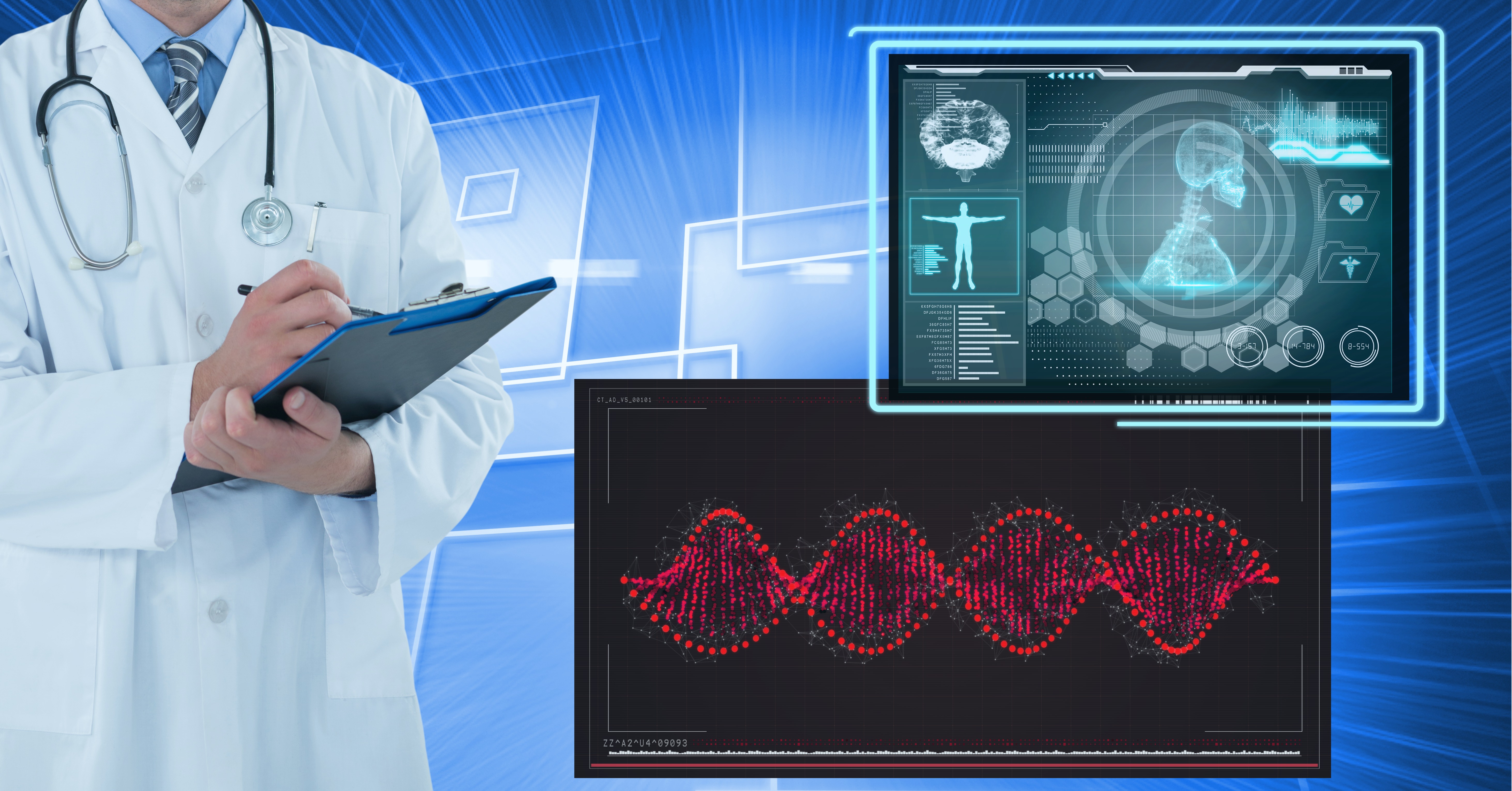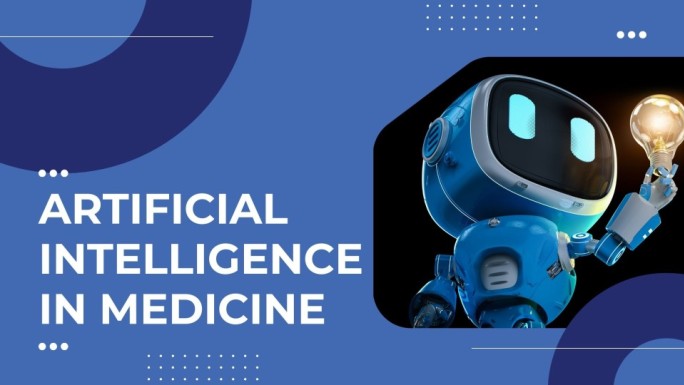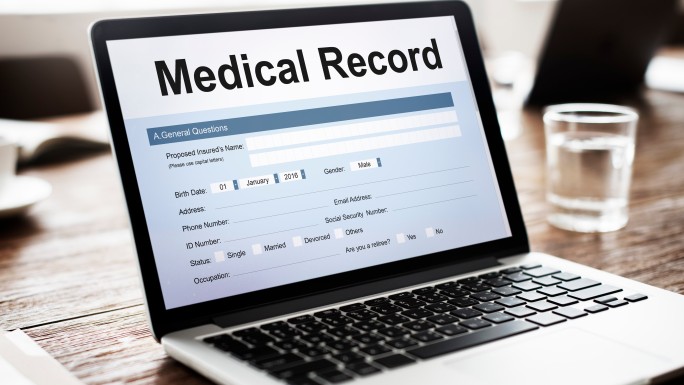What Is EHR? A Comprehensive Overview
The traditional paper-based medical record system, while serving its purpose for many years, has limitations in a world increasingly reliant on technology and data exchange. Electronic Health Records (EHRs) have emerged as a powerful alternative, offering numerous advantages for both patients and healthcare providers.
This comprehensive overview will delve into the concept of EHRs, exploring their core functionalities, the information they encompass, and their profound impact on the healthcare landscape.
What are Electronic Health Records (EHR)?
Electronic Health Records (EHR) are digital versions of patients' paper charts. These records contain a comprehensive collection of a patient's medical history, diagnoses, medications, treatment plans, immunization dates, allergies, radiology images, and laboratory test results, among other vital health information.
Unlike paper-based records, EHRs are stored and managed electronically, allowing healthcare providers to access and update patient information securely and efficiently. EHR systems provide a centralized platform for healthcare professionals to collaborate, communicate, and make informed decisions about patient care.
Key components of electronic health records include:
- Patient demographics: Basic information such as name, age, gender, contact details, and emergency contacts.
- Medical history: Comprehensive records of past illnesses, surgeries, hospitalizations, and family medical history.
- Diagnosis and treatment: Details of current and past diagnoses, treatment plans, and progress notes.
- Medications and allergies: List of prescribed medications, dosage instructions, and known allergies or adverse reactions.
- Laboratory test results: Results of blood tests, urine tests, imaging studies, and other diagnostic procedures.
- Physician notes: Documentation of healthcare provider encounters, assessments, and treatment recommendations.
- Imaging reports: Reports and images from X-rays, MRIs, CT scans, ultrasounds, and other imaging studies.

Benefits of EHR
Electronic Health Records (EHRs) have revolutionized healthcare delivery by offering a multitude of benefits for both patients and providers. Let's delve into some of the most significant advantages:
- Enhanced Patient Care: EHRs provide a comprehensive view of a patient's medical history, enabling providers to make more informed treatment decisions. This can lead to improved diagnoses, better medication management, and ultimately, improved health outcomes.
- Increased Efficiency: EHRs streamline workflows by automating tasks and facilitating electronic communication. This reduces the administrative burden for providers, allowing them to dedicate more time to patient interaction and improve overall practice efficiency.
- Improved Care Coordination: EHRs allow healthcare providers from different facilities to securely access a patient's medical records. This fosters better communication and collaboration among providers, ensuring a more coordinated and holistic approach to patient care.
- Reduced Errors: EHRs can significantly reduce errors associated with illegible handwriting or lost paper records. Features like medication reminders, allergy alerts, and clinical decision support systems further enhance patient safety.
- Empowered Patients: EHRs can provide patients with secure access to their medical information. This allows them to be more engaged in their care decisions, track their health progress, and communicate more effectively with their providers.
- Population Health Management: EHR data can be aggregated and analyzed to identify trends in patient populations. This valuable information can be used to develop targeted preventive care measures and improve overall community health outcomes.
You May Be Interested: Cracking the Code: EMR vs EHR - Which One Does Your Practice Need?
Challenges and Concerns We Need to Consider
1. Privacy and security issues
Privacy and security concerns surrounding Electronic Health Records (EHR) are pervasive, stemming from the vast amount of sensitive patient information stored within these systems. Unauthorized access to EHRs poses a significant risk, potentially leading to breaches of patient privacy and confidentiality.
Data breaches, including cyberattacks and insider threats, can result in identity theft, financial fraud, and reputational damage to healthcare organizations. Compliance with stringent privacy regulations such as HIPAA is essential, necessitating robust security measures, access controls, and employee training programs to mitigate the risk of unauthorized access and protect patient data from cyber threats and breaches.
2. Interoperability challenges
Interoperability challenges present significant hurdles in the effective exchange and use of Electronic Health Records (EHR) data across different healthcare systems and providers. One major challenge is the lack of standardized data formats and interoperability protocols, which hinder seamless communication and integration between disparate EHR systems.
As a result, healthcare organizations often face difficulties in accessing and sharing patient information with external entities, such as laboratories, pharmacies, and other healthcare providers. This fragmentation of health data limits care coordination leads to duplicate tests and procedures and impedes the continuity of care for patients across various healthcare settings.
Additionally, interoperability gaps hinder the implementation of innovative healthcare technologies, such as telemedicine and population health management solutions, which rely on the seamless exchange of EHR data. Addressing interoperability challenges requires collaborative efforts among stakeholders to establish and adhere to common standards, protocols, and data exchange frameworks, thereby facilitating the secure and efficient exchange of patient information across the healthcare ecosystem.

3. Training and adoption hurdles
Training and adoption hurdles pose significant challenges in the successful implementation and utilization of Electronic Health Records (EHR) systems within healthcare organizations. Healthcare providers and staff require comprehensive training to effectively navigate and utilize EHR platforms, yet resistance to change, lack of technical proficiency, and workflow disruptions often hinder adoption efforts.
Moreover, the complexity of EHR systems and the need for ongoing support exacerbate adoption challenges, leading to frustration and decreased productivity among users. Overcoming these hurdles necessitates the development of tailored training programs, user-friendly interfaces, and robust support mechanisms to empower healthcare professionals in leveraging EHR technology to its full potential, ultimately enhancing patient care and clinical outcomes.
4. Data accuracy and integrity concerns
Data accuracy and integrity concerns are paramount in the realm of Electronic Health Records (EHR), where the reliability and completeness of patient information directly impact clinical decision-making and patient safety. Errors in data entry, duplication of records, and outdated or incomplete information pose significant challenges to the accuracy and integrity of EHR data. Such inaccuracies can lead to misdiagnoses, inappropriate treatments, and compromised patient care quality.
Additionally, inconsistencies in data formatting and coding standards across different EHR systems contribute to interoperability challenges, further compromising data accuracy and integrity. Addressing these concerns requires implementing robust data validation checks, error correction mechanisms, and data governance policies to ensure the accuracy, completeness, and consistency of EHR data. Moreover, fostering a culture of data stewardship and accountability among healthcare providers and staff is essential to maintaining data integrity and optimizing the value of EHR systems in improving healthcare delivery.
Read more: The complete guide to enhance EHR data security
Conclusion
In summary, Electronic Health Records (EHR) have reshaped healthcare delivery by streamlining information management and enhancing patient care. Despite challenges, such as privacy concerns and interoperability issues, EHR systems remain pivotal in driving innovation and efficiency in healthcare. By prioritizing patient-centered care and collaboration, we can maximize the potential of EHR technology to improve health outcomes globally.





